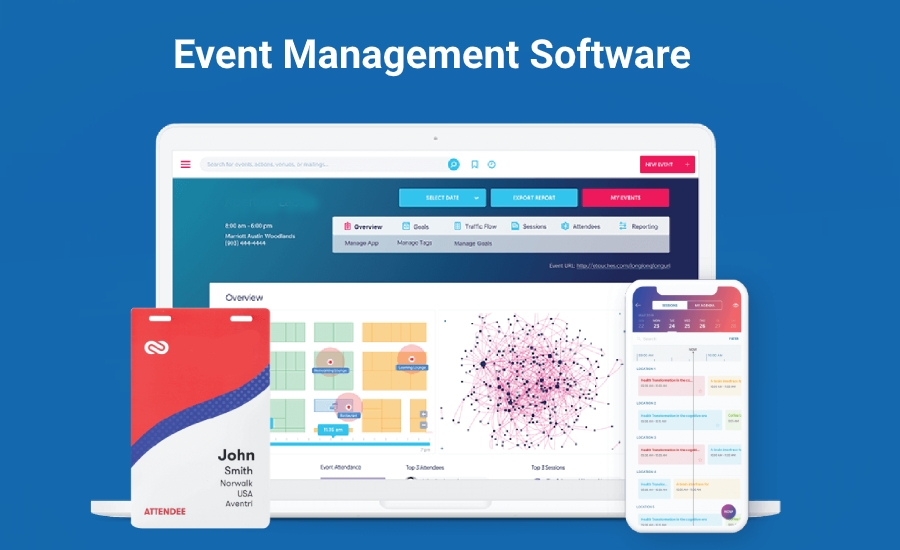Event Management Software Industry Size, Market Dynamics | 2035

Mergers and acquisitions (M&A) have been the primary and most powerful strategic tool for shaping the competitive landscape of the global event management software market, serving as the main mechanism for building the comprehensive, all-in-one platforms that now dominate the industry. A strategic analysis of the most significant Event Management Software Market Mergers & Acquisitions reveals a consistent and deliberate playbook: the acquisition of best-of-breed point solutions by larger platform players and private equity firms to create a more integrated, end-to-end offering. In a market where the ability to manage all event formats—in-person, virtual, and hybrid—from a single platform is a key competitive advantage, a "buy-and-build" strategy has proven to be the most effective path to leadership. The Event Management Software Market size is projected to grow USD 33.73 Billion by 2035, exhibiting a CAGR of 13.72% during the forecast period 2025-2035. The highly consolidated and platform-centric structure of the market today is a direct result of the transformative M&A deals that have taken place, particularly in the wake of the pandemic.
The most significant M&A trend in recent years has been the race to acquire virtual and hybrid event technology. The pandemic forced the entire industry to pivot to virtual events, and this created an explosion of new startups with innovative platforms for digital engagement. As the market has now settled into a hybrid reality, the major, established event management platforms have been on an acquisition spree to add these critical capabilities to their own offerings. The merger of Aventri, a traditional leader in event management software, with MeetingPlay, a specialist in hybrid and virtual event technology, to form the new company Stova, is a prime example of this trend. The strategic rationale was to combine the strengths of a robust, enterprise-grade management platform with a cutting-edge virtual and hybrid experience platform to create a more complete, competitive, and future-proofed solution. This type of M&A has been essential for the legacy players to adapt to the new realities of the market.
The major platform leaders have also been very active acquirers. Cvent, for example, has made a long series of acquisitions over the years to build out its comprehensive platform, buying companies in areas like mobile event apps (DoubleDutch) and onsite solutions. This strategy of acquiring smaller, innovative companies to add new features and to eliminate niche competitors is a core part of their playbook. Private equity has also been a major force in driving M&A and consolidation. The acquisition of Cvent itself by the private equity firm Blackstone is a testament to the immense value of these leading platforms. Looking forward, M&A is likely to focus on acquiring companies with cutting-edge technology in areas like AI-powered attendee matchmaking and networking, advanced data analytics for measuring event ROI, and new immersive technologies for creating more engaging virtual and hybrid experiences. The overarching M&A theme is the relentless pursuit of building a single, unified, and intelligent platform for the entire "Total Event Program" of an enterprise.
Top Trending Reports -
Hospitality Property Management Software Market
- Art
- Causes
- Crafts
- Dance
- Drinks
- Film
- Fitness
- Food
- الألعاب
- Gardening
- Health
- الرئيسية
- Literature
- Music
- Networking
- أخرى
- Party
- Religion
- Shopping
- Sports
- Theater
- Wellness

